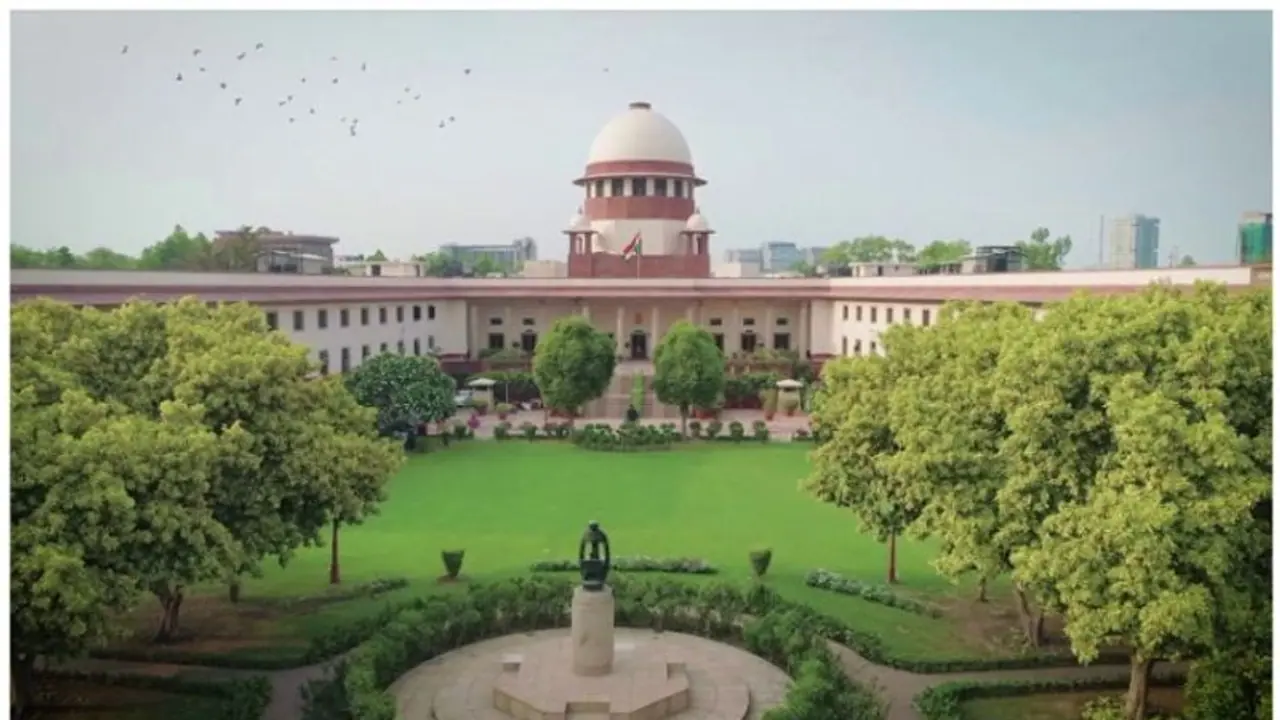Citing findings from the Delhi Integrated Multi-Modal Transit System (DIMTS) report, the government emphasized positive impacts such as reduced air pollution from vehicles and a notable decline in road congestion. The report also indicated an increase in the share of public transport during the odd-even drive.
The Delhi government, in response to recent criticism from the Supreme Court terming the odd-even scheme as 'optics,' has defended its initiative to curb vehicular emissions. According to an affidavit submitted on Friday, the government highlighted the positive outcomes of the odd-even scheme in reducing road congestion.

Implemented to tackle vehicular emissions, the odd-even scheme mandates that cars operate on alternate days based on their odd or even number plates. In addition to addressing air pollution concerns, the Delhi government asserted that the scheme led to a noteworthy reduction in overall fuel consumption.
3 dead, 6 injured in dramatic multi-vehicle crash in Mumbai's Bandra-Worli Sea Link (WATCH)
The government informed the Supreme Court that during the odd-even scheme, there was an estimated 15% decrease in fuel consumption on an average day. Furthermore, the analysis revealed a significant decrease of about 6% in vehicle kilometers traveled (VKT), amounting to 37.80 lakh vehicle-km/day during the implementation of the scheme.
Citing findings from the Delhi Integrated Multi-Modal Transit System (DIMTS) report, the government emphasized positive impacts such as reduced air pollution from vehicles and a notable decline in road congestion. The report also indicated an increase in the share of public transport during the odd-even drive.
To further support its case, the Delhi government referred to a scientific study, highlighting the odd-even scheme's positive influence on public transport usage, coupled with a 15% reduction in fuel consumption.
Delhi pollution: Sudden overnight rain improves air quality, more showers likely today
This comprehensive evidence aims to showcase the scheme's multifaceted success in addressing environmental and traffic challenges in the capital city.
